Cotehele Mill and Quay are located in Cornwall in the Tamar Valley and near the edge of Dartmoor. Like Cotehele house, which is situated on the top of the hill, Cotehele Quay and Mill are maintained by the National Trust. Visitors can park at Cotelhele Quay at the bottom of the house, or they can walk from Cotehele. I did not realise this at the time, so I walked from Cotehele down a steep hill. Cotehele Quay is located at the bottom and along the River Tamar. The mill is a short walk (probably ten minutes) away. The closest parking to the mill is at the quay, and this is a flat walk.
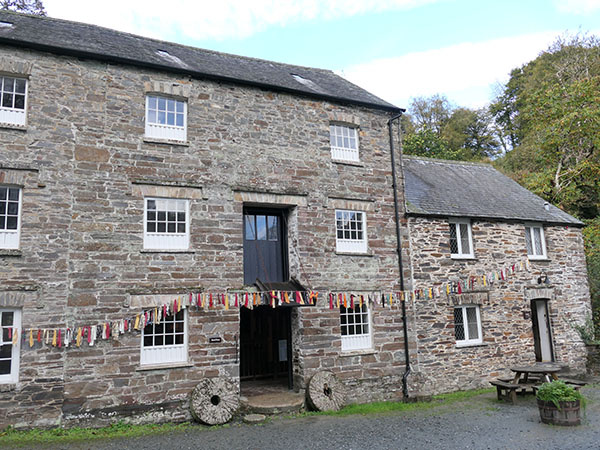
The River Tamar and valley comes into view as I walked down the steep hill at Cotehele, and the buildings at the Quay came into view.
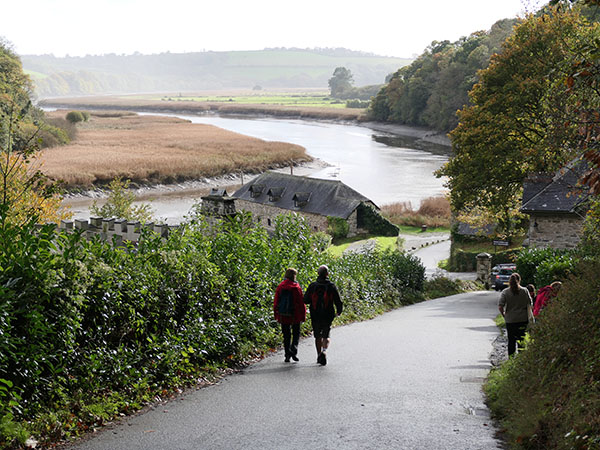
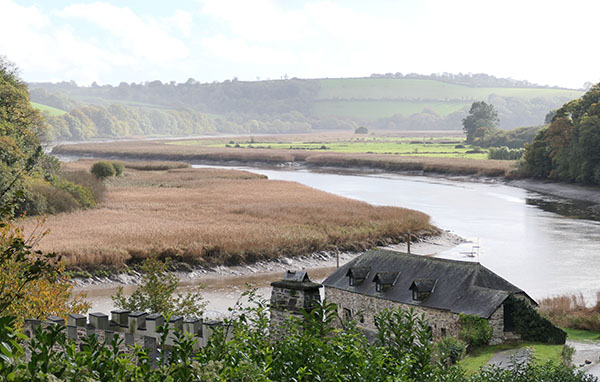
The Discovery Centre at the Quay has exhibits for the history of the Tamar valley. Some of the rooms of the buildings have been transformed into a museum dedicated to life and activity in the Tamar Valley. There is information about the trades and wildlife in one of the buildings. Opposite this building is also a dry dock with a boat on the river. One of the other buildings is a tea room.
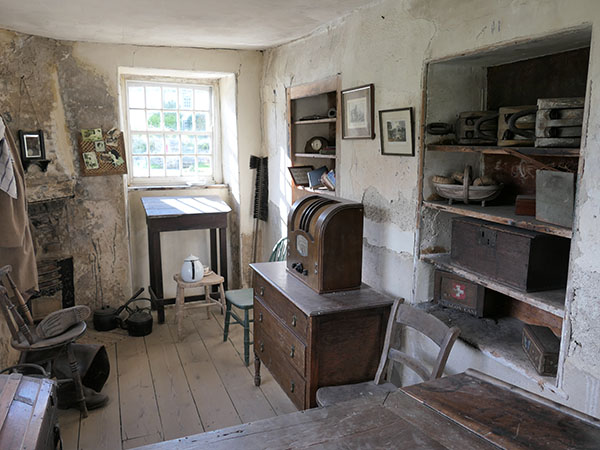
The large building in front is The Edgecumbe, which is a National Trust tea room. It is named after the owners of Cotehele house on the top of the hill behind it.
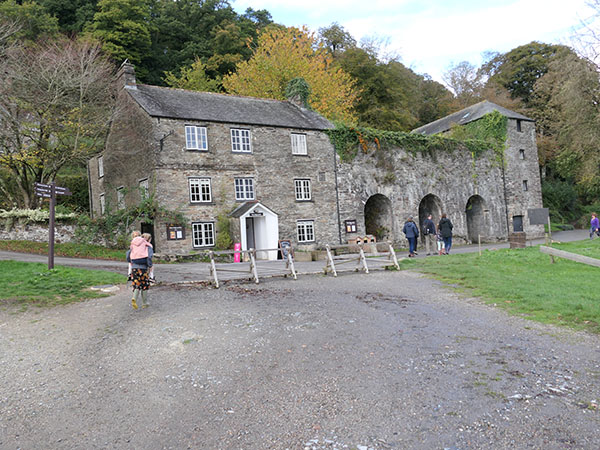
From here, there is a sign pointing the way to the trail to access Cotehele Mill. This starts off following a road, and then it crosses the road (don't go over the bridge) to a trail through woodland.
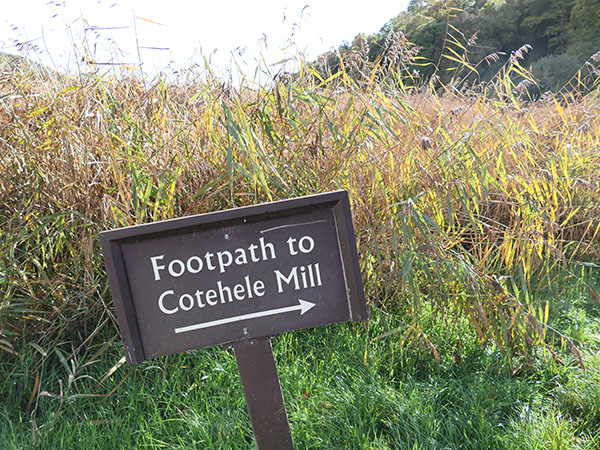
The woodland trail follows a small stream (Morden Stream), which is an offshoot of the river.
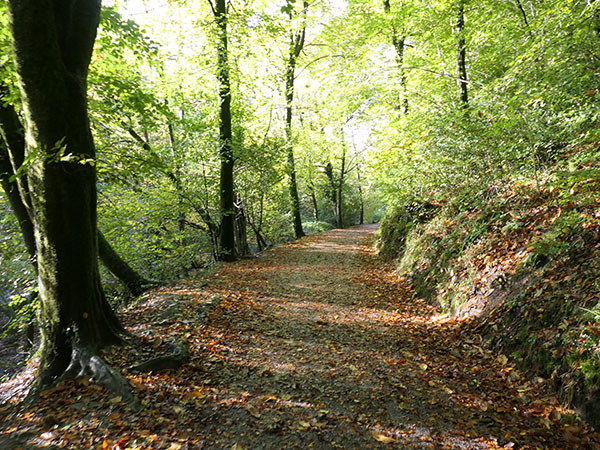
After awhile, I came to a bridge over this stream, and this took me to the mill. The mill buildings could be seen from here.
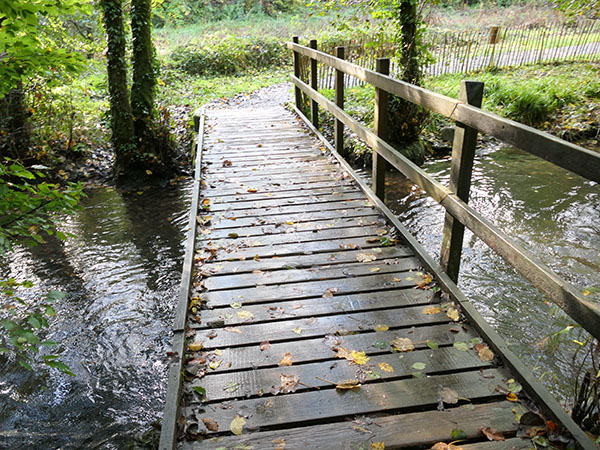
There is a small National Trust gift shop and information area. There were quite a few people around due to it being half-term, so there were families about and participating in various activities. Cotehele Mill dates from the 19th century, and the buildings around it were used as stables, cowsheds, hayloft, and 'cherry house'. These rooms have been transformed into Victorian workhouses. The rooms around the mill complex contained either museums or current workshops. There was a blacksmith, wheelwright's, saddler's, a pottery shop, and a woodworking shop. Further beyond was the mill.
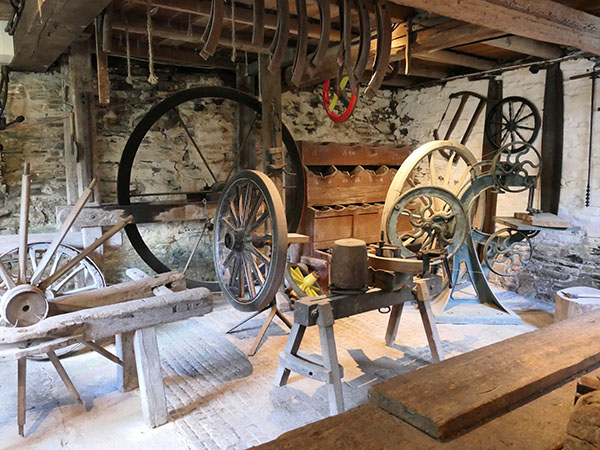
The first room I looked in was the wheelwright's (pictured above) and the blacksmith forge and bellows. The building was built around 1880 by the Langsfords, who rented the mill for a long time. The room was originally a store. The blacksmith's tools came from a blacksmith in a nearby village. He retired in 1972 and donated his equipment.
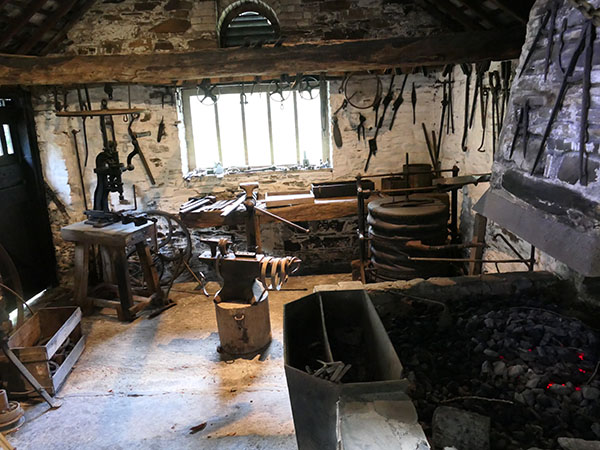
Cotehele Mill (and other mills) started to find it difficult to compete making flour for bakeries. The Langsfords family turned to concentrate on a sawmill business and grinding grain into animal feed. The Langsfords lived in the mill from the 1860s until the 1960s. Inside the mill's upper floors are stories from the children of the family who grew up here. During the second World War, two girls from London were moved to the mill and lived here for nearly five years.
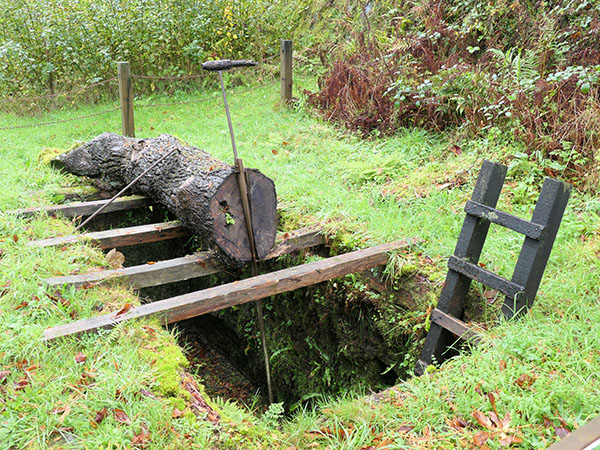
On the other side of the blacksmith and wheelwright's room is the sawmill.
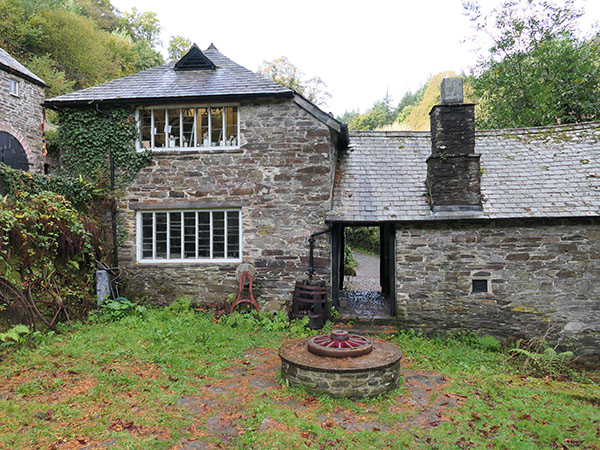
The mill was not operational when I visited it due to some issue with the wheel, but it allegedly produces wholemeal flour. This is used at The Barn Restaurant (at Cotehele house) and The Edgcumbe tea rooms.
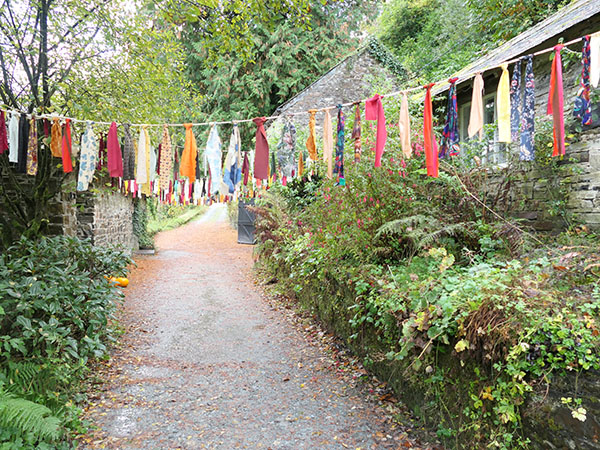
I visited the saddler's on the other side of the buildings and the pottery shop, which was open. The woodworking shop is next door.
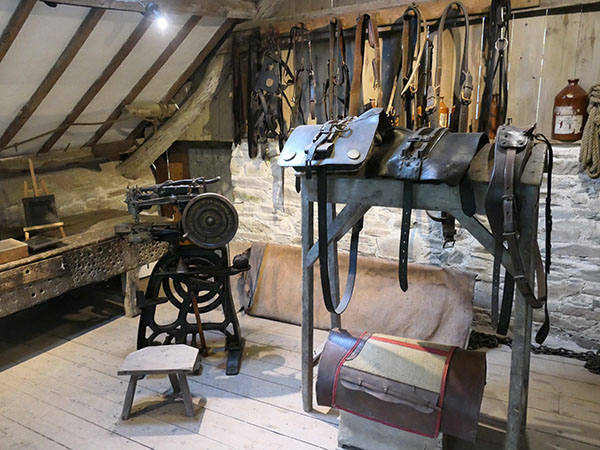
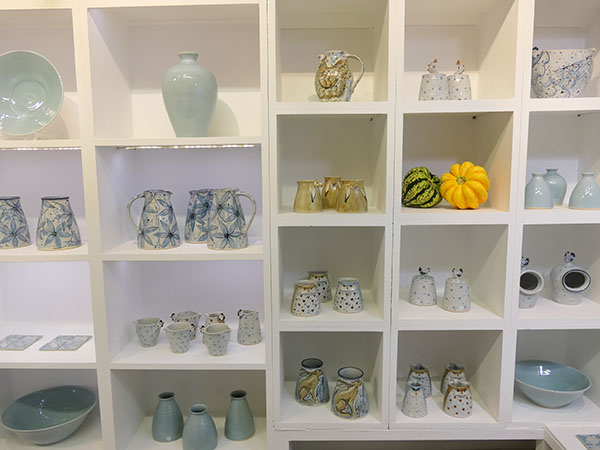
Inside the mill was an autumn harvest of pumpkins and seeds laid out on the table.
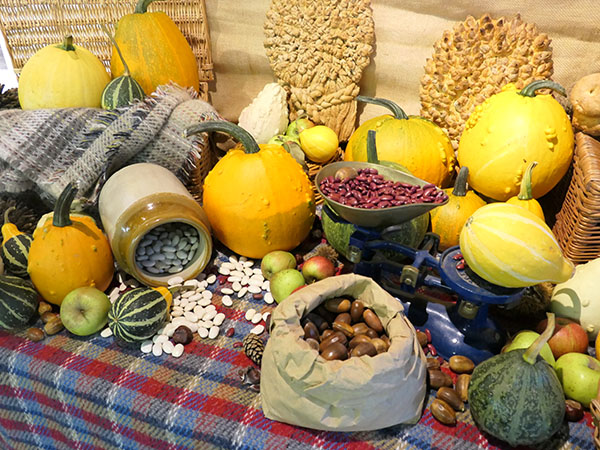
After I had looked around enough, I headed back to Cotehele Quay where I started my journey.
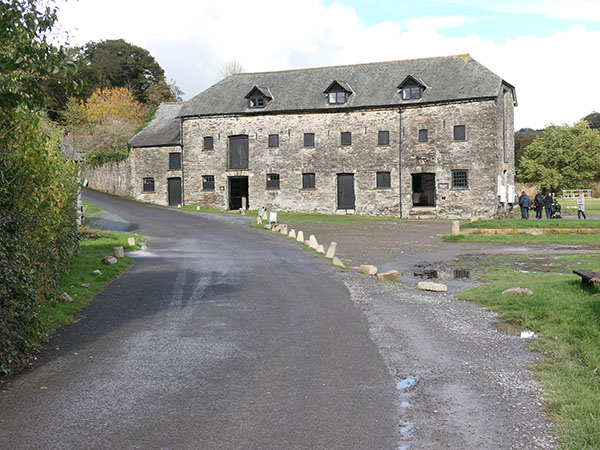
If visiting Cotehele house, do not forget to visit the mill and quay for some historical insights into the Tamar Valley and the people who lived and worked here.

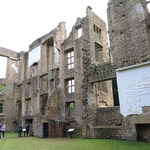
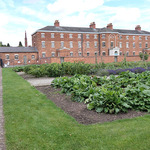
Leave a comment